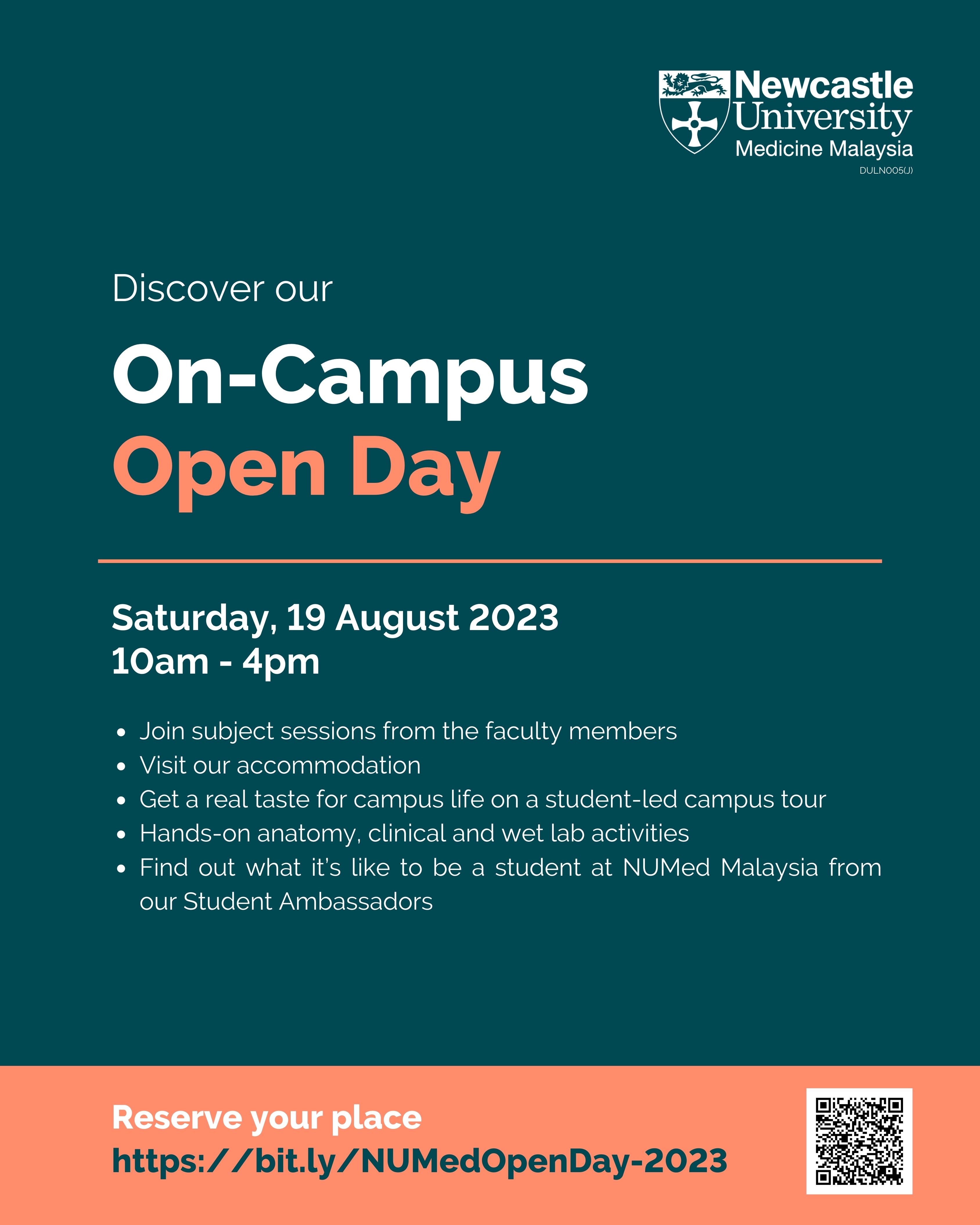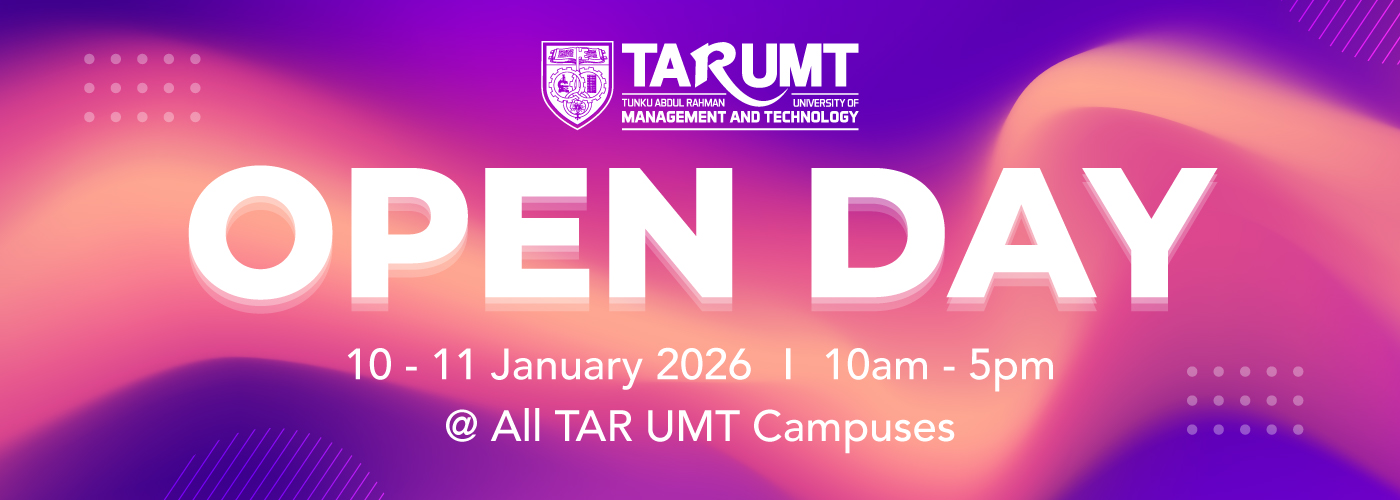The Impact of Communication & Why You Should Choose Communication as Your Degree
1. What is communication?
We all need to communicate. It’s a basic human need. The better we are at communicating the better the job we will secure, the better relationships we will enjoy and the better we will achieve in education.
Communication takes practice in whatever form it takes. It’s a whole body experience both physically and mentally. To communicate we need a voice. The power behind the voice is the breath. No breath, no voice.
Sounds are made by the breath hitting the vocal chords, the folds of tissue found in our throats, the folds are open when we breath and vibrate when we talk. This vibration sets up sound waves that are amplified and resonated through our bodies and can be formed in to words by the movement or articulation of our various speech organs. Our tongues, our jaws, our palates.
Moving away from vocal communication to the art of mass communication; mass media communication can now cross borders instantly all over the world. To communicate effectively we need to stay ahead of the game. We need to innovate.
Visual communication is currently of the utmost importance, especially in the context of mass advertising on mobile phones and other devices, particularly where people are swiping through the mass of data they have to contend with.
The study of communication allows you to discover the interdisciplinary factors of this field of research and also to find out how communication between people has changed over time.
We communicate to share ideas, to let people know how we feel, to guide people we work with, to manage people, situations and circumstances, to collaborate, to cooperate and to be creative.
So, communication works on many levels including through the use of our voice, body language, social media, mass media and many of the creative industries.
2. Communication is vital for nearly any workplace
Texts, phone calls, Facebook posts, e-mails, messages, staff meetings, interviews— the list could go on about how deeply integrated communication is in our everyday lives. What most people often take for granted is how important communication skills are— “soft skills” are generally overlooked, but they are essential to performing well in all types of environments.
A degree or diploma in communication will give you an edge in the competitive job market. A recent report from Communication Studies explained, “One of the biggest issues in the last five years is employees e-mailing instead of going to talk with, or at the very least picking up the phone to call, the person they need to communicate with,” says Patti Wood, professional speaker and trainer. “People don’t know how to make a request face to face and they avoid difficult or emotional conversations.”
Sir Richard Branson, the billionaire business magnate who founded and owns Virgin Group, which controls more than 400 companies in various fields, counts the ability to communicate as "the most important skill any entrepreneur can possess". He says, "Communication makes the world go round. It facilitates human connections and allows us to learn, grow and progress. It’s not just about speaking or reading, but understanding what is being said— and in some cases what is not being said.”
3. Communication is an increasingly important field of study
Due to our increasingly globalised, connected world, communication is growing in importance and relevance by the day. Not only will you stand out in a crowded applicant pool, you will also have the skills to advance in your career and to become a valued asset on your team. The importance of communication in globalization is paramount because individuals from different countries, ethnicities, languages, cultural attitudes and other variations must understand one another and express themselves to another effectively in order to work together.
4. There are many exciting (and growing) career opportunities
After completing your degree, you can find satisfying and challenging work in many fields; some communication majors end up pursuing careers in media or journalism -- but you need not feel limited to only these options at all. A degree in communication can provide you with foundational knowledge that can lead to exciting (and growing) career opportunities.
All jobs require you to be able to communicate effectively. Some examples of the best jobs for communication majors are public relations specialists, meeting or event planners, college alumni and development officers, media and social media managers, and human resources managers. It’s important to remember that communication is key in all aspects of a healthy working organization or company. As a trained communication specialist, with a degree in hand, you are positioned to excel and find a place at almost all organizations.
"Fun and studies don't have to be two distant words from each other! HELP University's Faculty of Arts and Communication offers an exciting and meaningful experience for their students to ensure they're always moving forward in the bustling world of Mass Communication"
HELP University’s Faculty of Arts & Communications offers a Diploma in Communication and a Bachelor of Communication with majors in Marketing Communication, Media Studies and Public Relations. All degree programmes will take three years to complete whereas Diploma is two years plus 4 months of internship, or four years to complete Diploma AND Degree with us.
Our intake dates are January 11, May 24, August 23 and a special intake on October 11 for new international students only.
- Bachelor of Communication (Marketing Communication) (Hons)
This programme takes you beyond the traditional advertising major, as the curriculum incorporates business, marketing and management perspectives into advertising. It includes promotions, brand management, product launches and merchandising, among others. Marketing communication specialists today are an integral part of any marketing team. They communicate information to current and prospective customers about products or services that are currently available in the market, as well as launching or rebranding brands the various media.
- Bachelor of Communication (Media Studies) (Hons)
If you have an innate desire to pursue a career in film, television, print and/or digital communication, then this specialisation is the right option for you. The media studies programme takes an integrated approach and a broader look at media in all its forms, so that our graduates are prepared for both traditional and non-traditional media careers.
Our curriculum allows students to creatively express themselves via journalistic writing and editing for various media platforms, communicating ideas through short films, documentaries, photography and design, as well as media management and marketing.
"The learning experience is not to be a single individual's experience, but a cooperative hands-on experience for everyone. HELP University's Faculty of Arts and Communication encourages team effort while still nurturing a passion in Mass Communication in their students"
- Bachelor of Communication (Public Relations) (Hons)
Public relations practitioners work on developing beneficial relationships with clients, media, government, consumers and other stakeholders. This programme provides students with professional skills and knowledge, including skills in professional writing techniques, crisis and issues management, media and stakeholder relations, campaign planning, strategy and research, with an emphasis on problem-solving, creativity, and project and relationship management.
- Fast Track Programme
Our Faculty of Arts and Communication currently offers the Fast-Track option for students joining us for the Diploma in Communication programme where they will be able to finish their Bachelor of Communication (Hons) in two years or less.
For more information on our Communication degree and diploma programmes, visit university.help.edu.my or call 03-2716 2000 to speak to our guidance counsellors today.
Advices





News from Institutions

















